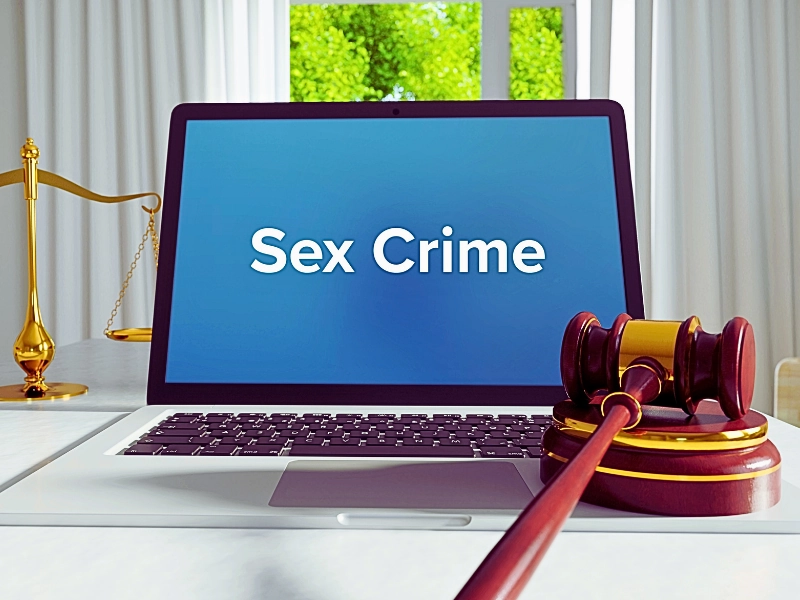The school year has obviously begun. Around college campuses, law enforcement agencies around the country typically keep a close eye near a campus-looking for evidence of alcohol-related offenses. This year, TCF stadium began selling alcohol during Gopher football games. When the stadium first opened, police received grants to step up alcohol enforcement laws near the stadium.
The practice of cracking down on alcohol-related offenses near the U of M campus continues this school year. Recently, several law enforcement agencies sent officers to the campus to make a visible presence near the U. Officers were not only looking for visibility, but also to enforce Minnesota laws prohibiting underage drinking, driving while impaired and other types of offenses.
Officials say that during the last school year U of M police issued more than 300 tickets for alleged underage drinking offenses. Campus police charged 40 people last year with DWI offenses. During a weekend crackdown earlier this school year, U of M police cited five people for alcohol related offenses, three more for underage drinking and two drivers for DWI.
A deputy chief with the U of M police recently told WCCO -TV news that law enforcement wants to make its presence known early in the school year. He says it is about setting expectations for students early on to set the tone of how police will enforce underage drinking and DWI laws on and near the campus.
Minneapolis-St. Paul DWI defense lawyers know that DWI charges and underage alcohol offenses can impact a student’s criminal record for years to come. It is important for students who are accused of a crime to consider seeking the advice of legal counsel to learn what defenses may be available to the state’s allegations.
Source: WCCO-TV 4 News, “Big Crackdown On Underage Drinking At The ‘U’,” Liz Collin, Sep. 13, 2012






